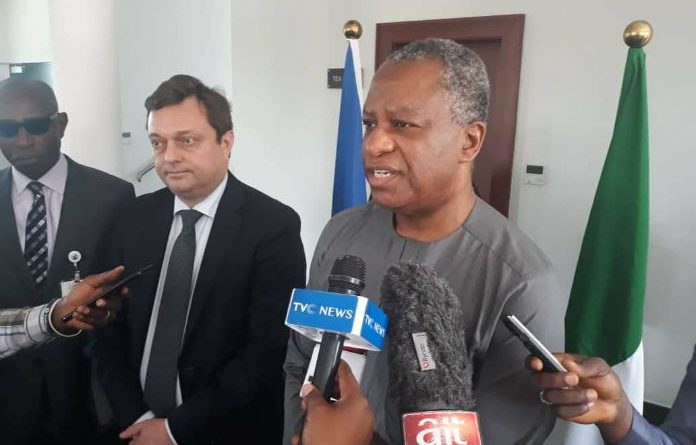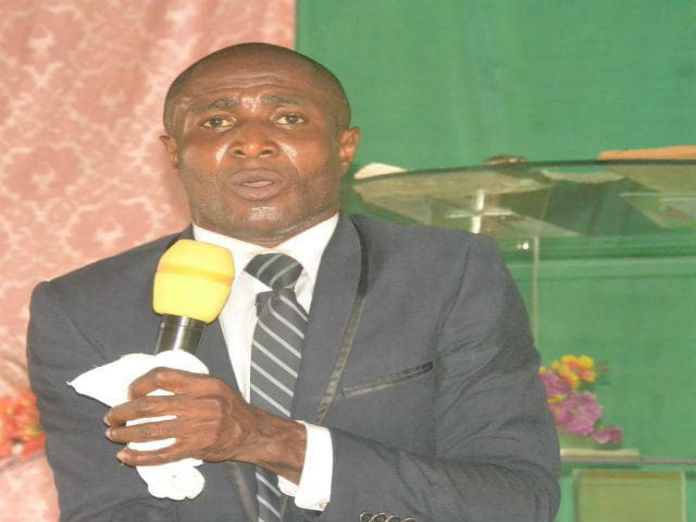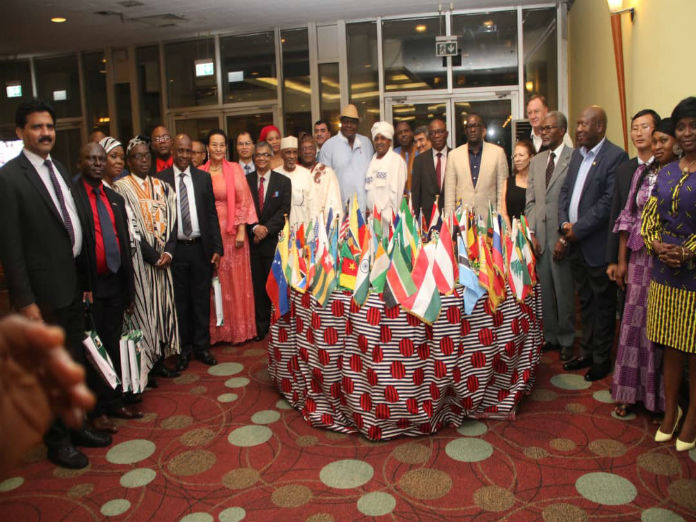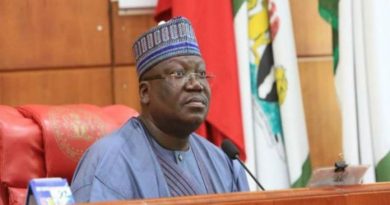EU To Provide Basic Social Service To Vulnerable Group In Nigeria
The European Union (EU) Ambassador to Nigeria Ketil Karlsen on Tuesday 18,2020, disclosed that EU has concluded plans to provide basic social service to Nigerians especially the most vulnerable group in the country.
At a Nigeria-EU dialogue on human rights, held at the National Intelligent Agency (NIA) conference hall Abuja-Nigeria, and jointly presided over by the Nigerian minister of foreign affairs Geoffrey Onyeama and the Head of European delegate to Nigeria Ambassador Ketil Karlsen, the ambassador stated that the EU has help returned sixteen thousand one hundred and two Nigerians in 2019 back home and provided them with new opportunities.
Consequently, the EU has also engaged in political dialogue and developmental cooperation programmes in Nigeria with about 87 million human rights issues ongoing, established fifteen sexual assault referral centres in Nigeria, launched the sexual offenders register in 2019, supporting the correctional services, providing aid to stranded Nigerians in Libya.
While noting this, the ambassador said that the dialogue was an opportunity for them to discuss about the insecurity in Nigeria with particular reference to the north east and the need for humanitarian aid to the IDP’s, adding that an estimated number of 7.7 million people are in need of humanitarian aid, and the EU is looking at how it can provide best human rights condition for such victims of conflict.
In his remark, the minister of foreign affairs Geoffrey Onyeama while speaking with the journalists, said the partnership and dialogue between the EU and Nigeria on the human rights matters is a good one, adding that the federal government of Nigeria have the obligation and desire to promote and respect the human rights of Nigerians.
He said that human rights is the bed rock of Nigerian democracy with both the legal and regulatory framework and has done alot to put in place a robust legislature in the field of human rights and institution buildings like human rights commission and NGOs who are monitoring and tracking the observance of human rights activities in the country and also they have introduced the human rights desk in ministry of defence and other security forces in the country to institutionalised the culture of respect to human rights in various agencies especially the security agencies.
While responding to questions from press on specific issues discussed at the dialogue, Onyeama said “The reform of the judicial and implementation of the administration of criminal justice act, Torture, Human rights and counter – terrorism, women rights, gender based violence (fight against all forms of violent), gender equality and empowerment, female genital mutilation, children’s rights (Health, Education), child marriage, the impact of corruption, youth empowerment, rights of persons with disabilities and human rights of older persons and ageing amongs others”.
The minister appreciated the inputs of partners like the European union and their contributions to upholding human rights in Nigeria.




